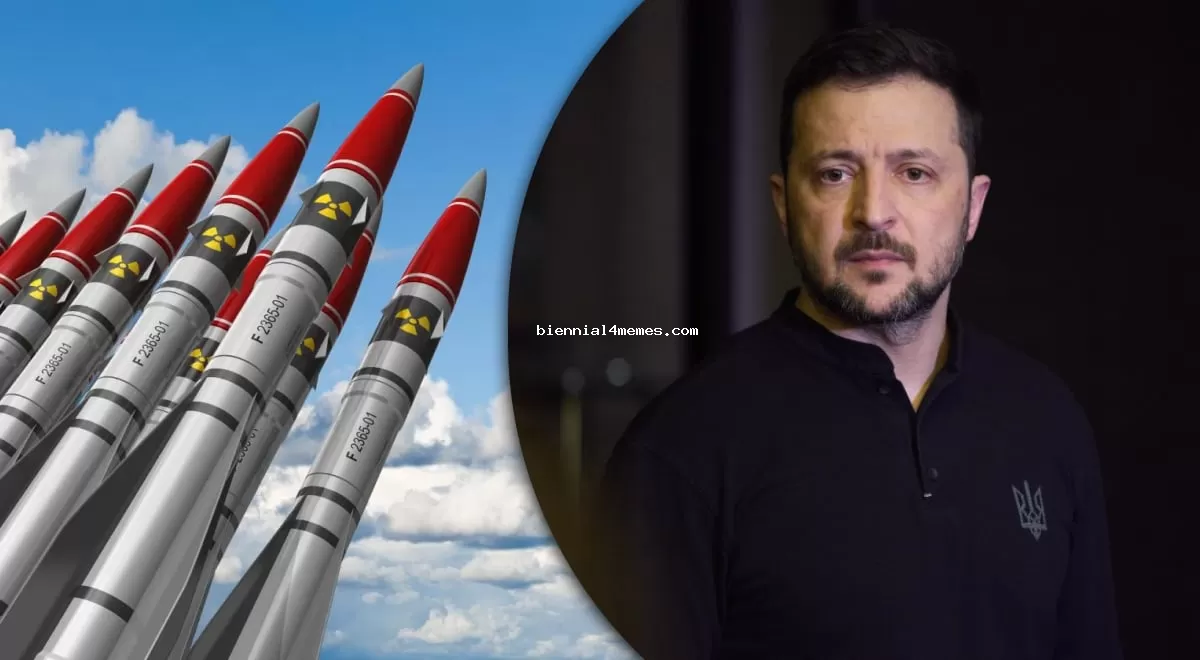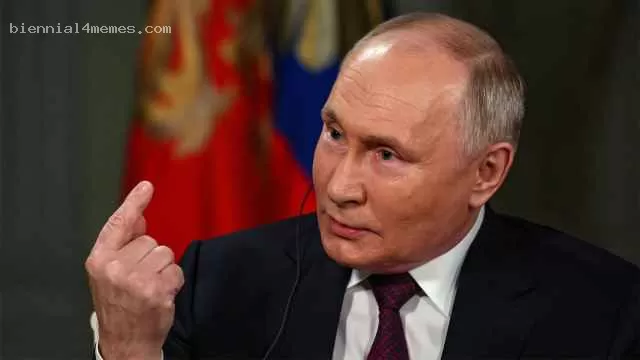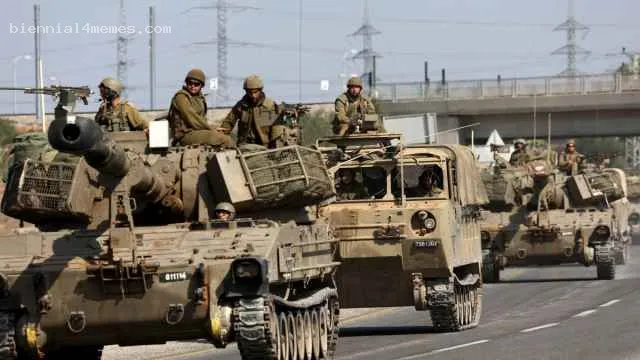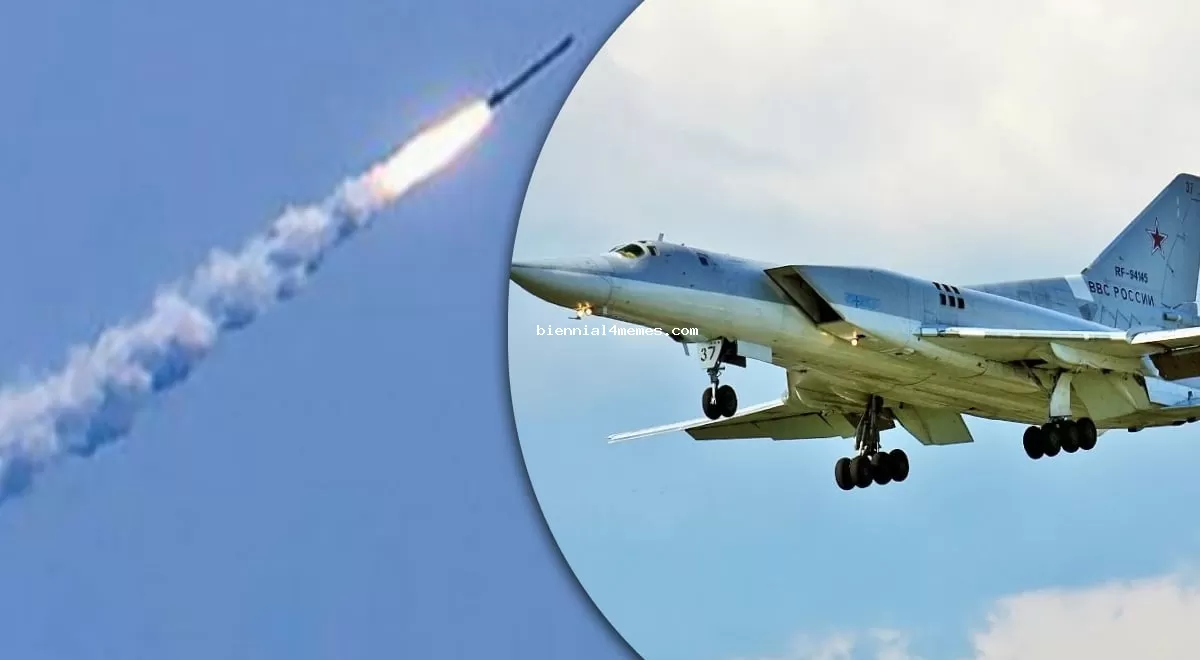Интересное:
MOSCOW, June 6 (Reuters) - Russia is currently not facing difficulties in oil sales but is cautiously endorsing the increase in production within the OPEC+ agreement due to concerns about a potential drop in global prices ahead of a slowdown in demand this autumn, according to analysts and industry sources. Last week, eight OPEC+ countries, including Russia and Saudi Arabia, agreed to accelerate oil production in July for the third consecutive month, resulting in an additional 1.4 million barrels per day returning to the market from April to July. The OPEC cartel expects demand growth for this year to reach 1.3 million barrels per day, while the International Energy Agency (IEA) forecasts only 0.7 million barrels per day. Sources within OPEC+ indicated that Russia suggested pausing production increases in July during the last cartel meeting. Analysts believe Moscow's caution is justified. "Some OPEC+ members, and possibly Russia, might be wary of such a rapid increase in production and prefer to monitor the market. I think Russia lacks the leverage to counter Saudi Arabia's production increase if the Saudis have made a definitive decision," said Kirill Bakhtin from BCS Mir Investments. Russian oil exports are limited by Western sanctions. A source familiar with OPEC+ negotiations mentioned that Moscow is concerned about the potential for a surplus in the market and further price drops. "For Russia, it's crucial how the production increase will impact the market and whether oil prices will continue to decline," stated Igor Yushkov from the Financial University under the Government of the Russian Federation. He reminded that a sharp fall in oil prices occurred last spring after eight alliance countries decided to accelerate production, coinciding with the onset of a tariff war in the U.S. However, subsequent OPEC+ decisions to boost production in June and July had little negative effect on prices due to the seasonal demand increase. Bakhtin agrees: at the beginning of June, during the second month of accelerated production, the market situation remains relatively calm – Brent crude is near $65 per barrel, and U.S. commercial oil inventories have been decreasing for the second consecutive week, although uncertainty about the future weighs on prices. "The summer months typically see high demand, so the decision to increase production in August should not lead to significant negative consequences for prices," he believes. Earlier, Reuters sources reported that OPEC+ member countries anticipated restoring the full volume of 2.2 million barrels per day, which they agreed to cut in 2023 to stabilize the market, by the end of October. According to Maxim Shevyrenkov from the Institute of Energy and Finance, by aggressively increasing oil production, the alliance members aim to reclaim market share from high-cost producers like American companies, where many projects are unprofitable below $65 per barrel. However, OPEC countries have more options to place additional oil volumes than Russia, which is under Western sanctions, according to Shevyrenkov. HIGH DEMAND Meanwhile, traders note strong demand for Russian oil in Asia, where a significant portion of Russian crude is directed due to Western sanctions. "Due to the initially large discount, Russian oil is attractive to buyers in Asia who are accustomed to it. The main factor is that there are no questions about the price-quality ratio," said a trader supplying crude to India. Yushkov warns that demand is likely to decrease in autumn. "Another important factor for Russia is how long countries will decide to increase production. I believe OPEC+'s logic to boost production is tied to seasonality. In the Northern Hemisphere, the driving season starts in April and ends in October-November," he noted. Yushkov believes that August might be the last month when the OPEC+ group decides to ramp up production at an accelerated pace – by another 411,000 barrels per day, while a slowdown in production increases can be expected in September, and a halt in growth might occur in October. "There is a certain lag: if production is increased in October, processing and sales will shift to November, when driving activity and consumption of petroleum products decrease. Care must be taken to avoid overproduction," he argues. Bakhtin suggests that in early August, discussions over September quotas among OPEC+ countries may become even more intense. REVENUES In May, revenues from oil and gas for the Russian federal budget fell by more than a third compared to last year, dropping to the lowest level since January 2023 amid low oil prices and a strong ruble, and over the first five months of this year, the revenues decreased by 14.4% year-on-year to 4.24 trillion rubles. Russian authorities are preparing changes to the country's main financial plan, which includes a significant reduction in the forecast average annual price for Urals oil – down to $56 per barrel from the budgeted $69.7 per barrel. Yushkov believes that if the price of Russian oil is around $56 per barrel by the end of the year, it won’t lead to economic catastrophe. However, if oil prices drop even further, affecting budget revenues, Russian authorities might consider cutting the fuel price support for oil companies, which is estimated at around 1 trillion rubles by 2025, speculates Shevyrenkov. FACTBOX - History of the oil pact. (Olesya Astakhova)
Читать еще
Категории
Подпишитесь на нашу рассылку!
Случайное

"Если не НАТО, то ядерное
8-02-2025, 13:25

Путин потребовал переписать программы
6-02-2025, 20:34

Израиль ударил по заводу химического
8-12-2024, 16:37

«Батраков напоминает мне Модрича» —
17-11-2024, 16:50

Угроза массированного удара РФ: в Сети
9-02-2025, 20:26






